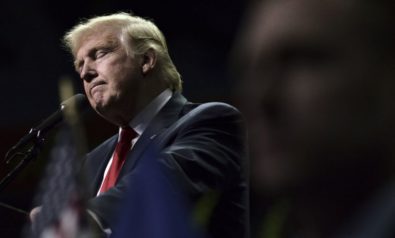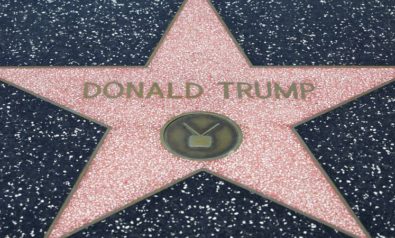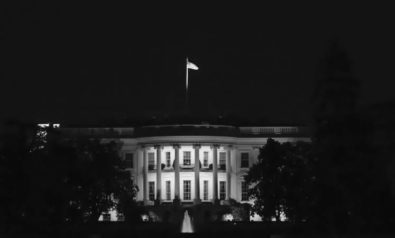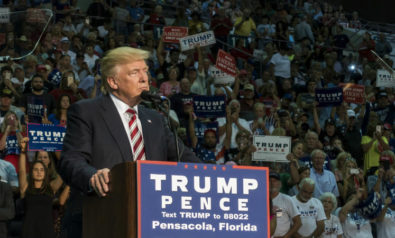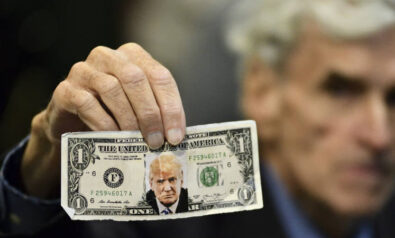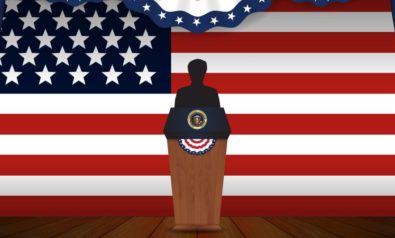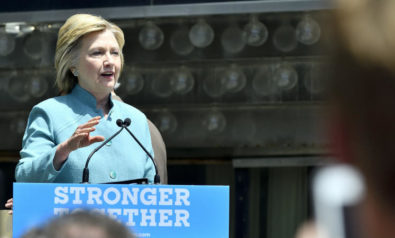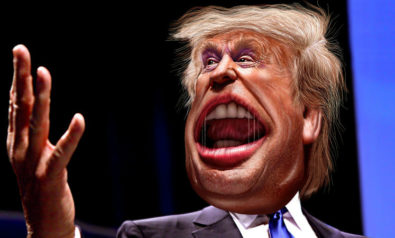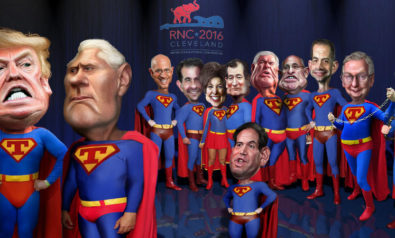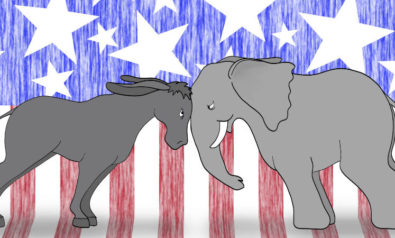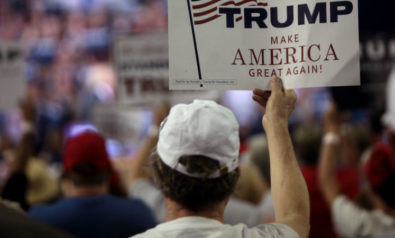Voting in a US presidential candidate who can manage America’s fragile social fabric and foreign policy has never been more important.
BACKGROUND
Given the drama that has unfolded in 2016, with talk of border walls, political revolutions, Twitter wars and health scares, it feels like the US presidential campaign has dragged on for far too long. Its end, however, is near. On November 8, Americans will vote for their 45th president.
Twenty-three candidates from the country’s two main political parties—the Republican Party and the Democratic Party—began the race for the White House in 2015. Eighteen months on, the billionaire businessman Donald Trump is the Republican nominee, and former Secretary of State Hillary Clinton is the Democratic nominee.
But how have both candidates fared thus far?
Trump and Clinton are two of the most disliked presidential candidates in US electoral history. According to polling data released by RealClear Politics, around 15% of the electorate support third-party candidates like the Libertarian Party’s Gary Johnson and Green Party nominee Jill Stein, or remain undecided. Convincing the undecided voters is crucial for Trump and Clinton as both candidates battle each other in a tight race.
Why Does The US Presidential Election Matter?
The US election matters as it is a global election. What happens in America in November has the potential to send ripple effects around the world.
In the US, voter turnout is a major concern, and decreasing turnout rates over the last two election cycles seem to indicate high levels of political apathy. According to a 2012 Bipartisan Policy Center report, voter turnout dived from 62.3% of eligible voters in 2008 to an estimated 57.5% in 2012. In November, it is hoped that voter turnout will be better as the stakes have never been higher.
Domestically, all eyes will be on how President Barack Obama’s successor will deal with the United States’ fragile social fabric: heightened racial tensions, police brutality, Islamophobia and gun violence are just some of the issues that have plagued the country in recent years. Obama’s legacy has been tainted by the lack of a cohesive, firm approach to heal some of these wounds.
Internationally, the world has been paying close attention to what American leadership in global affairs might look like under a Trump or Clinton administration. It can be argued that the Republican presidential primaries brought the US election into global focus, simply due to the candidates’ colorful personalities.
The views of both presidential candidates on issues like climate change and trade deals have caused much apprehension among US allies. To Trump, climate change is a conspiracy created by China. Clinton, meanwhile, has withdrawn her support for the Trans-Pacific Partnership (TPP), which she previously declared to be the gold standard for international trade agreements. This has brought the US pivot to Asia to a slight halt as the TPP was seen as an integral part of America’s strategy of securing Asian partners.
If Trump becomes president, America would be entering uncharted territory. At the age of 71, Trump would be the oldest president with no prior experience in political office. His first 100 days at the White House might see him erasing the Obama administration’s legacy. He may even decide to suspend America’s participation in the 2015 Paris Climate Agreement, develop a close partnership with Russian President Vladimir Putin, and his Islamophobic and misogynist comments might further divide communities within the US.
The Economist’s Intelligence Unit has also ranked the prospect of a Trump victory as one of the top-ten risks to the global economy. Trump is ranked riskier than Brexit or potential armed conflict over the South China Sea, sharing a rating with global jihadi terrorism.
On the flipside, a Clinton presidency does not look significantly brighter. Her campaign has been marred by the now-infamous email controversies that have led critics to question her lack of transparency. Clinton’s recent health scare has also been a source of concern on whether she is fit to be commander in chief, and her foreign policy track record is not as strong as everyone thinks.
Despite being the country’s best-traveled secretary of state, Clinton’s foreign policy career has been deemed a “record of failure” by Columbia University economist Jeffrey D. Sachs—based on her “war approach” toward America’s involvement in the Middle East and her complicity in the 2012 attack on the US Consulate in Benghazi, Libya.
While neither candidate is regarded as an overwhelming favorite, the choice is a definitive one. Whom America decides to grant the power to shape its domestic policy and international affairs after January 2017 is anyone’s guess.
The views expressed in this article are the author’s own and do not necessarily reflect Fair Observer’s editorial policy.
Photo Credit: Trigger Photo
For more than 10 years, Fair Observer has been free, fair and independent. No billionaire owns us, no advertisers control us. We are a reader-supported nonprofit. Unlike many other publications, we keep our content free for readers regardless of where they live or whether they can afford to pay. We have no paywalls and no ads.
In the post-truth era of fake news, echo chambers and filter bubbles, we publish a plurality of perspectives from around the world. Anyone can publish with us, but everyone goes through a rigorous editorial process. So, you get fact-checked, well-reasoned content instead of noise.
We publish 2,500+ voices from 90+ countries. We also conduct education and training programs on subjects ranging from digital media and journalism to writing and critical thinking. This doesn’t come cheap. Servers, editors, trainers and web developers cost money.
Please consider supporting us on a regular basis as a recurring donor or a sustaining member.
Support Fair Observer
We rely on your support for our independence, diversity and quality.
Will you support FO’s journalism?
We rely on your support for our independence, diversity and quality.







